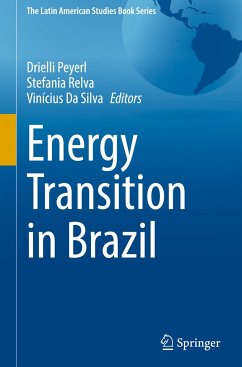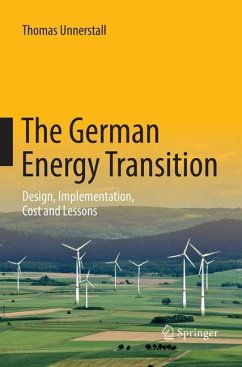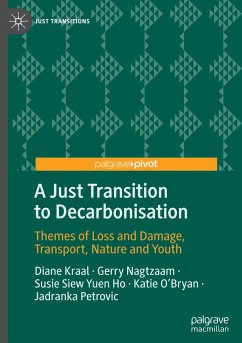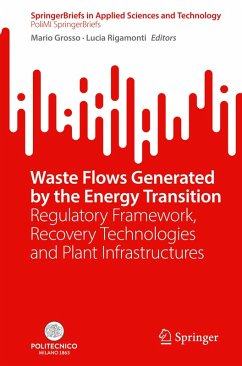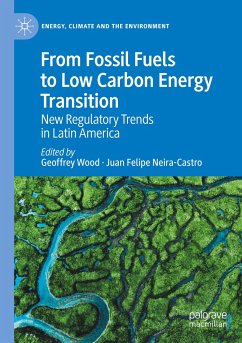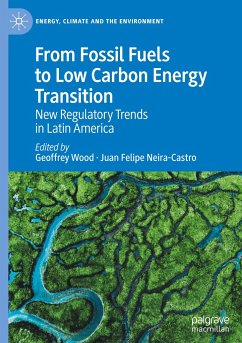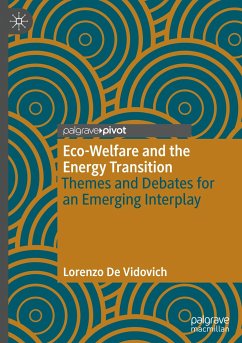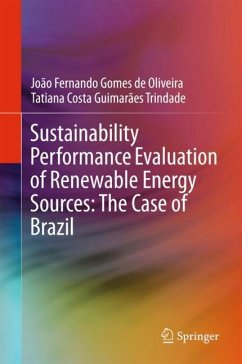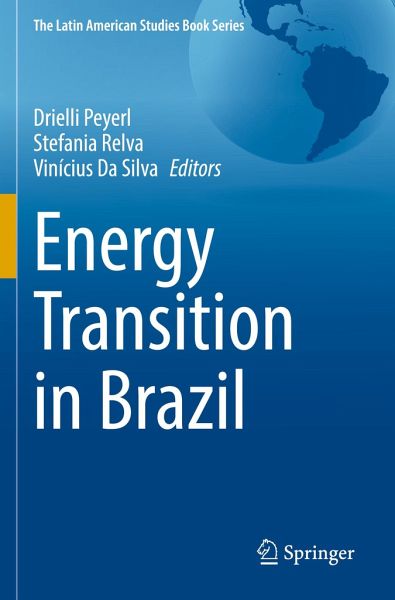
Energy Transition in Brazil
Versandkostenfrei!
Versandfertig in 6-10 Tagen
113,99 €
inkl. MwSt.

PAYBACK Punkte
57 °P sammeln!
The book's objective is to present the energy transition process in Brazil over time and offer new perspectives on this process in the eyes of a sustainable future. The book unfolds over 15 chapters covering historical, geopolitical, technological, and economical aspects, as well as aspects conceptually familiar to the energy transition such as public perception, low-carbon technologies, digitalization, Sustainable Development Goals, and even recent topics such as the pandemic of COVID-19. The Brazilian electricity and transport sectors and climate change governance are the main focus of this ...
The book's objective is to present the energy transition process in Brazil over time and offer new perspectives on this process in the eyes of a sustainable future. The book unfolds over 15 chapters covering historical, geopolitical, technological, and economical aspects, as well as aspects conceptually familiar to the energy transition such as public perception, low-carbon technologies, digitalization, Sustainable Development Goals, and even recent topics such as the pandemic of COVID-19. The Brazilian electricity and transport sectors and climate change governance are the main focus of this book. The paths taken throughout this book demonstrate the particularities of Brazil and present this country in a unique and differentiated way in terms of the various approaches to the energy transition. It is a book that brings a multidisciplinary, innovative vision and information published for the first time.



